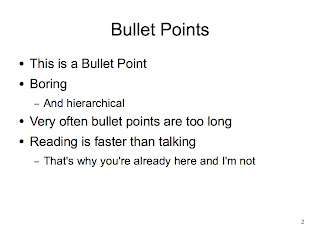
The film The Queen artfully and accurately portrayed the current British royal family, minus the late Princess Diana and the struggle for the monarchy-wielding family unit to overcome the most petty of British politics. Celebrity worship, to be sure, was a central component of the film especially regards to the depiction of Princess Diana who, in death, became glorified for her humanitarian deeds rather than her previous, perfunctory public and private mishaps.
Despite the overall serious tone of the film, I found some of the superficial details humorous. The manual-like procedures for addressing the Queen, rules governing all variety of conduct, etc. seemed laughable and oh so outdated. After all, the Queen is but a symbolic, empty-purse-clutching diplomat who is more celebrated for her signature awkward "wave," than anything remotely productive she has accomplished politically.
While I was not particularly fond of Princess Diana at the time, I find it retrospectively shameful how her tragic demise was politicized by particularly Queen Elizabeth. It is understood that stringent, archaic and largely symbolic protocol is to be employed in the realm of the Britons, but limiting Diana's funeral to a private event for only her family-despite her status as an internationally known public figure, seemed to be a blatant example of harsh "damage control," in the most public relations sense of the term. The haggling, too, between the Queen's demands and the wishes of recently-elected Labour Prime Minister Tony Blair was revealing and unfortunate provided the circumstances.
Sort of like the assassination of JFK, Princess Diana's premature death resulted in an almost overnight romanticizing of her ultimately vapid resume. Diana often brought shame, ridicule and scrutiny to the royal family. Only in her death, did her comparably diminutive service transcript become illuminated by those seeking to capitalize on the Princesses' legacy with books, movies, D VD's and other Chinese mass-produced merchandise.
While some of advocated for the elimination of the British monarchy, the Queen will clutch her position with an unwavering firmness. Why should people even concern themselves with the cornerstone of the United Kingdom? The Royal family remains the globe's most symbolic, aging relic and their intention or potential for accomplishing anything shattering remains as likely as Somalia transforming to a peaceful, law-abiding government tomorrow. In other words, the chance is nil.
It is fascinating that even a position like the Queen, devoid of any real power yet so powerful; continues to inspire the imagination and mystique of people around the world. Perhaps, the thought is that this particular position must be the epitome of "easy-living," being able to wield prestige, yet not being encumbered with the responsibility of those who actually make decisions.
Corey Scott-Vincent-William Dutra


















